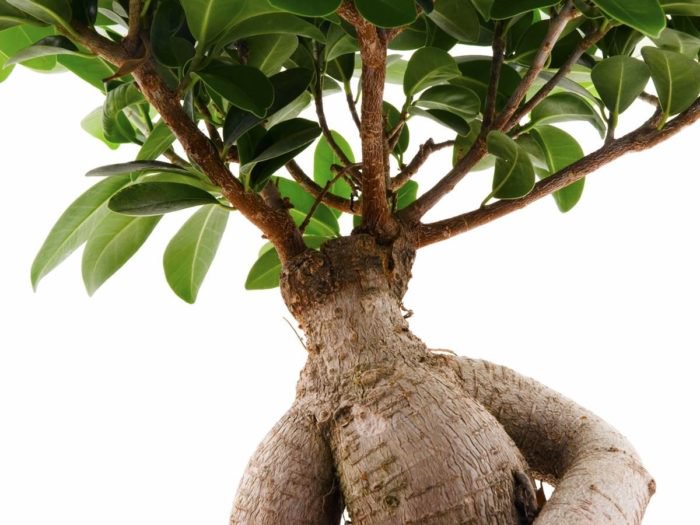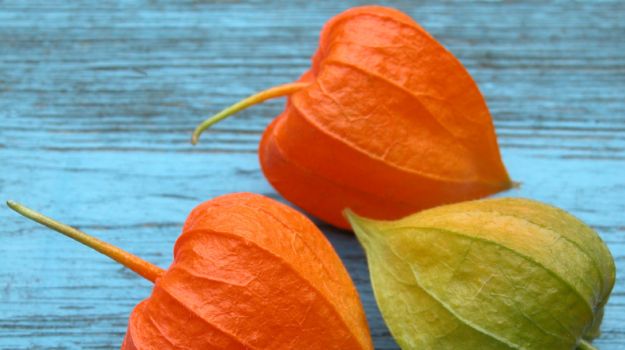Aswagandha- powerful herb
Ashwagandha, also known as Indian Ginseng, has a wide range of health benefits, including its ability to fight against cancer , diabetes, reduce inflammation, arthritis, asthma, hypertension, stress, and rheumatism. it boosts your supply of antioxidants and regulates the immune system.
Ashwagandha, the magical herb, is considered to be nature's gift to mankind.But what exactly is Ashwagandha? The Sanskrit term Ashwagandha translates to "smell of horse". Traditionally, it is believed that a person who consumes this herbal medicine will gain horse-like strength and vitality. It is a small shrub with yellow flowers and a red fruit, native to India, North Africa, and the Middle East. The extract is typically taken from the berries or roots of the plant.
Health benefits of Aswagandha
Anti-Inflammatory Properties:
Cardio-Protective Properties
Antibacterial Properties
Stimulates the Thyroid Gland
Antioxidant Properties:
Increased Blood Production:
Good Health
benefits for men-Aswagandha is used as aphrodisiac as well since its support sexulal health
The rejuvenating properties of Ashwagandha make it very effective in treating insomnia. It calms the nervous system, eases stress and gets rid of sleeplessness.
Skincare: Ashwagandha stimulates DHEA, which is a precursor to both testosterone and estrogen and stimulates the production of natural skin oils. It also promotes the production of vital compounds and proteins for healthy skin , elastin to keep the skin supple and collagen for skin strength. For glowing skin, you can also use Ashwagandha as a toner with dried ginger and lemon.
Healthy Hair: Used in shampoos, Ashwagandha is believed to help improve scalp circulation and strengthen the hair, as well as help get rid of dandruff. It also appears to stimulate production of melanin, the pigment responsible for the colour of your hair. So, it may actually reverse greying of hair. it also helps deal with hair loss.
anti aging properties
how to consume
Ashwagandha root is available in the market either in powdered form, dried form, or fresh root form. 1-2 tsp or 5-6 gram of the powder is recommended when you consume it for general . When you take the herb for treating any specific disease you should consult a medical professional such as an Ayurveda doctor for the dosage.
Ashwagandha Tea: You can make a tea of Ashwagandha by boiling the powder in water for 10 minutes. Don’t use more than a teaspoon of the powder in one cup of water. and enjoy the tea either hot or cold.
You could also take Ashwagandha powder, along with a glass of hot milk before going to sleep.


Hi! I am a robot. I just upvoted you! I found similar content that readers might be interested in:
https://www.terrytalksnutrition.com/DBfiles/InTheNewsFile/52985.pdf